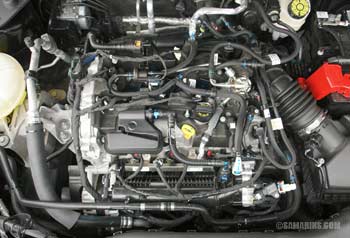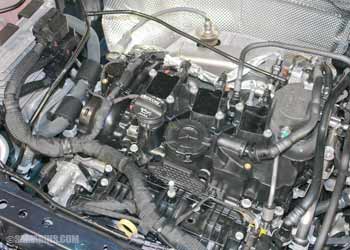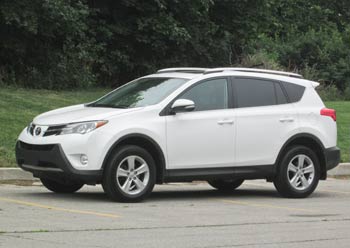Pros and Cons of 3-cylinder engines
January 12, 2023 By Vlad Samarin
A 3-cylinder engine is a type of internal combustion engine that has three cylinders arranged in-line. With stricter fuel economy and emission standards, more auto makers equip their cars, crossovers and even small SUVs with 3-cylinder engines. What are the pros and cons of a 3-cylinder engine compared to a conventional 4-cylinder motor?
Pros:
- Fuel Efficiency. The 3-cylinder engine is lighter and has fewer moving parts, which means less friction. This makes a 3-cylinder engine more fuel efficient than a similar 4-cylinder engine.
- Lower Emissions. For the reasons described above, 3-cylinder engines tend to produce less emissions than 4-cylinder engines, making them more environmentally friendly.
- Cheaper to produce. Compared to similar 4-cylinder engines, 3-cylinder engines have fewer parts and use less metal. This makes the manufacturing process cheaper.
- More space under the hood. Since a 3-cylinder engine is shorter than a 4-cylinder engine, there is more space under the hood. This allows car designers more flexibility. It also makes a 3-cylinder engine more accessible and easier to work on.
- Cheaper to replace spark plugs. Since there is one fewer spark plug to replace, this maintenance task will cost less than in a 4-cylinder engine.
Cons:
- Inherent vibration. In a 4-cylinder engine, there is a natural balance as 2 pistons are going up and two pistons are going down. 3-cylinder engines are more difficult to balance which means extra measures must be taken to reduce vibration inherent to the design. That said, we test drove several modern cars with a 3-cylinder engine and the difference in vibration is barely noticeable.
- 3-cylinder engines are typically louder than 4- or 6-cylinder engines. One reason is that 4- or 6-cylinder engines are heavier and have more oil and coolant and as a result, absorb the noise better.
- 3-cylinder engines are less likely to last for as long as comparable 4-cylinder engines. This is because 3 pistons have to work harder than 4 pistons in a 4-cylinder engine.
- Limited power. The 3-cylinder engine is a smaller engine with limited power.
- Considering the previous point, most 3-cylinder powered cars require a turbocharger in order to deliver necessary power when accelerating or merging. The turbocharger adds complexity. Many 4-cylinder cars don't have turbochargers, as a 4-cylinder engine can deliver more power without a turbocharger.
Why are 3-cylinder engines more noisy?
Sound of a 3-cylinder 1.5L engine. Ford Bronco Sport
4-cylinder engines are naturally 'balanced' since when two pistons are moving up, two other pistons are moving down. In 3-cylinder engines, one piston moves up at a time. This creates more vibration. 3-cylinder engines are also smaller and lighter. This means there is less metal as well as less oil and cooling fluid to absorb the noise. The video shows the 1.5L 3-cylinder engine of the 2021 Ford Bronco Sport.
What is the life of a 3-cylinder engine?
At the moment, there are not that many modern 3-cylinder cars to be able to see how long they last, but we can estimate. We know that a good 4-cylinder engine can easily last for over 200,000 miles. This means a good 3-cylinder engine should last for at least 170-180K miles with good care.The difference is that a smaller 3-cylinder engine has to work harder to accelerate the vehicle compared to a 4-cylinder engine. That's why some V8s, for example, last for over 500,000 miles.
Read Next:
Pros and Cons of Turbo engines
Buying a Used Car: 10 Common Mistakes to Avoid
Pros and cons of buying a car with Direct Injection
What mileage is OK for a used car?
Pros and cons of the CVT transmission
How to inspect a used car - illustrated guide
How to check an engine when buying a used car
Pros and Cons of Turbo engines
Buying a Used Car: 10 Common Mistakes to Avoid
Pros and cons of buying a car with Direct Injection
What mileage is OK for a used car?
Pros and cons of the CVT transmission
How to inspect a used car - illustrated guide
How to check an engine when buying a used car


